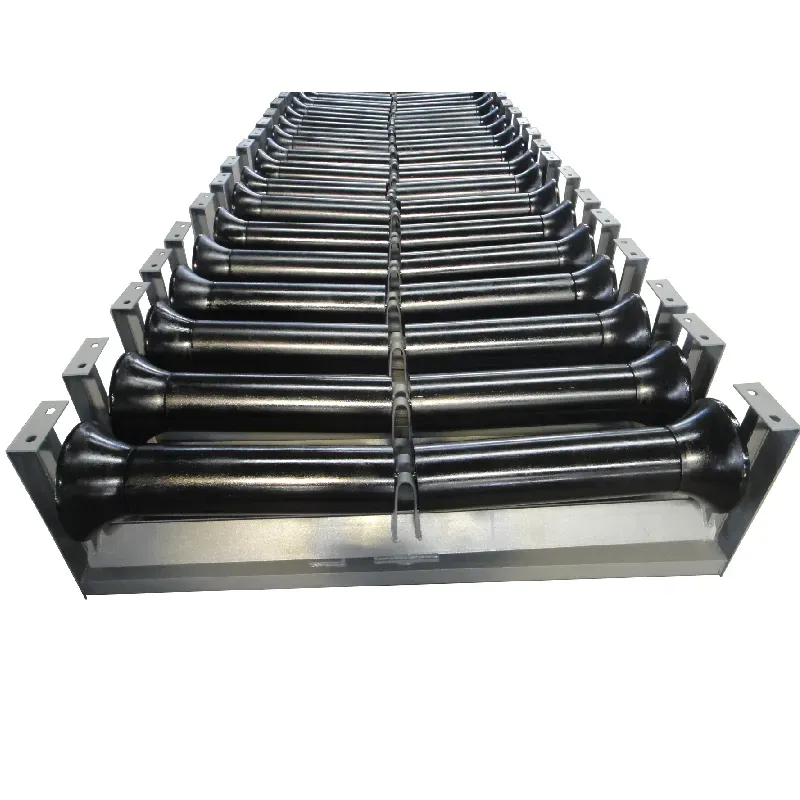 Afrikaans
Afrikaans  Albanian
Albanian  Amharic
Amharic  Arabic
Arabic  Armenian
Armenian  Azerbaijani
Azerbaijani  Basque
Basque  Belarusian
Belarusian  Bengali
Bengali  Bosnian
Bosnian  Bulgarian
Bulgarian  Catalan
Catalan  Cebuano
Cebuano  Corsican
Corsican  Croatian
Croatian  Czech
Czech  Danish
Danish  Dutch
Dutch  English
English  Esperanto
Esperanto  Estonian
Estonian  Finnish
Finnish  French
French  Frisian
Frisian  Galician
Galician  Georgian
Georgian  German
German  Greek
Greek  Gujarati
Gujarati  Haitian Creole
Haitian Creole  hausa
hausa  hawaiian
hawaiian  Hebrew
Hebrew  Hindi
Hindi  Miao
Miao  Hungarian
Hungarian  Icelandic
Icelandic  igbo
igbo  Indonesian
Indonesian  irish
irish  Italian
Italian  Japanese
Japanese  Javanese
Javanese  Kannada
Kannada  kazakh
kazakh  Khmer
Khmer  Rwandese
Rwandese  Korean
Korean  Kurdish
Kurdish  Kyrgyz
Kyrgyz  Lao
Lao  Latin
Latin  Latvian
Latvian  Lithuanian
Lithuanian  Luxembourgish
Luxembourgish  Macedonian
Macedonian  Malgashi
Malgashi  Malay
Malay  Malayalam
Malayalam  Maltese
Maltese  Maori
Maori  Marathi
Marathi  Mongolian
Mongolian  Myanmar
Myanmar  Nepali
Nepali  Norwegian
Norwegian  Norwegian
Norwegian  Occitan
Occitan  Pashto
Pashto  Persian
Persian  Polish
Polish  Portuguese
Portuguese  Punjabi
Punjabi  Romanian
Romanian  Russian
Russian  Samoan
Samoan  Scottish Gaelic
Scottish Gaelic  Serbian
Serbian  Sesotho
Sesotho  Shona
Shona  Sindhi
Sindhi  Sinhala
Sinhala  Slovak
Slovak  Slovenian
Slovenian  Somali
Somali  Spanish
Spanish  Sundanese
Sundanese  Swahili
Swahili  Swedish
Swedish  Tagalog
Tagalog  Tajik
Tajik  Tamil
Tamil  Tatar
Tatar  Telugu
Telugu  Thai
Thai  Turkish
Turkish  Turkmen
Turkmen  Ukrainian
Ukrainian  Urdu
Urdu  Uighur
Uighur  Uzbek
Uzbek  Vietnamese
Vietnamese  Welsh
Welsh  Bantu
Bantu  Yiddish
Yiddish  Yoruba
Yoruba  Zulu
Zulu roller seal
Understanding Roller Seals Design, Functionality, and Applications
Roller seals play a pivotal role in various engineering applications, providing critical sealing solutions across numerous industries. These seals are designed to prevent the leakage of fluids, gases, and contaminants from one chamber to another, ensuring that machinery operates efficiently and safely.
What are Roller Seals?
Roller seals are mechanical devices that utilize rollers to provide a sealing interface between two surfaces. Unlike traditional seals that rely on static sealing materials, roller seals use the rolling action of small rollers to minimize friction and wear. This design not only enhances the durability of the seal itself but also improves the overall efficiency of the machinery in which it is installed.
The primary function of roller seals is to contain fluids or gases, preventing them from escaping and ensuring that they do not leak into surrounding environments. This is crucial in machinery such as pumps, compressors, and motors, where seal failure can lead to substantial operational issues and safety hazards.
Design Features
The design of roller seals is a crucial factor influencing their performance. They typically consist of a housing that contains several small rollers, an elastomeric (rubber-like) material, and a metal or plastic body. The elastomer forms the primary sealing component, while the rollers help to create a dynamic sealing interface that reduces friction.
One of the key advantages of roller seals is their ability to accommodate misalignment and variations in shaft movement. This flexibility is particularly important in applications where shafts may not be perfectly aligned due to manufacturing tolerances or operational wear and tear. The rollers allow the seal to maintain contact with the shaft, ensuring a consistent seal is maintained over time.
Material Selection
The material selection for roller seals is critical, as it directly affects the seal's performance and longevity. Common materials include various types of rubber, plastics, and metal. The choice of material depends on several factors including the temperature, pressure, and the type of fluids being sealed.
roller seal

For instance, seals used in high-temperature applications may incorporate heat-resistant rubber compounds or high-performance plastics. Additionally, seals exposed to chemicals might require materials that offer resistance to corrosive substances, ensuring that the seal maintains its integrity and does not degrade prematurely.
Applications
Roller seals are utilized in a wide range of applications across different industries. In the automotive sector, they are commonly found in engines, transmissions, and differential assemblies, where they help contain essential fluids such as oil and coolant. In aerospace, roller seals contribute to the functionality of fuel systems and hydraulic systems, playing a vital role in ensuring safety and efficiency.
In industrial applications, roller seals are employed in pumps, mixers, and conveyors. They help prevent leaks that can lead to contamination of products or loss of valuable resources. The pharmaceutical and food industries also rely on roller seals to ensure hygiene and product integrity, as these seals can prevent cross-contamination and maintain the quality of sensitive materials.
Advantages of Roller Seals
The advantages of roller seals over traditional sealing methods are numerous. Their ability to reduce friction leads to lower mechanical wear and tear, resulting in less frequent maintenance and longer service life. Furthermore, roller seals can handle higher speeds compared to conventional seals, making them ideal for dynamic applications.
Moreover, roller seals offer improved sealing performance under varying temperatures and pressures. Their design allows for greater flexibility and adaptability, which is essential in environments with fluctuating operational conditions.
Conclusion
In conclusion, roller seals are an invaluable component in modern engineering, offering enhanced performance, durability, and reliability across a multitude of applications. Their unique design paired with effective material selection makes them suitable for challenging environments, ensuring that machinery operates smoothly and efficiently. As industries continue to evolve, the importance of effective sealing solutions like roller seals will only grow, underscoring the need for ongoing innovation and development in this field. Whether in automotive, aerospace, or industrial applications, understanding roller seals' functionality and design will remain key to optimizing performance and maintaining operational safety.
-
Revolutionizing Conveyor Reliability with Advanced Rubber Lagging PulleysNewsJul.22,2025
-
Powering Precision and Durability with Expert Manufacturers of Conveyor ComponentsNewsJul.22,2025
-
Optimizing Conveyor Systems with Advanced Conveyor AccessoriesNewsJul.22,2025
-
Maximize Conveyor Efficiency with Quality Conveyor Idler PulleysNewsJul.22,2025
-
Future-Proof Your Conveyor System with High-Performance Polyurethane RollerNewsJul.22,2025
-
Driving Efficiency Forward with Quality Idlers and RollersNewsJul.22,2025





























